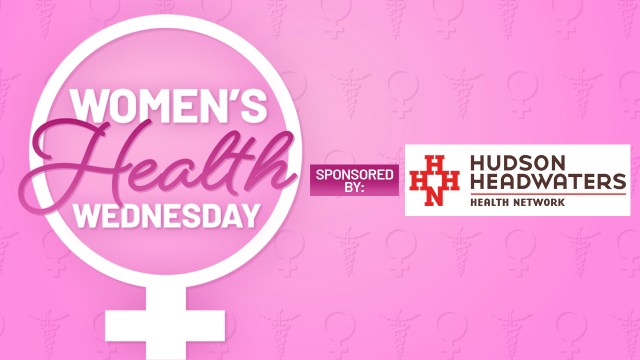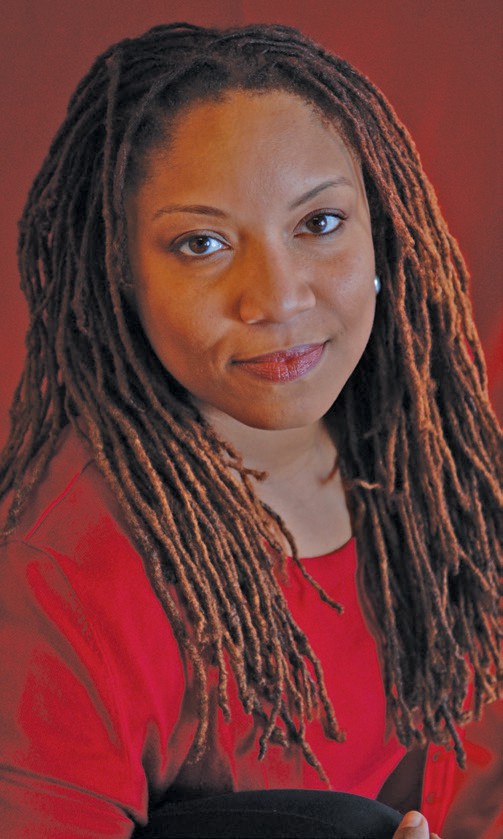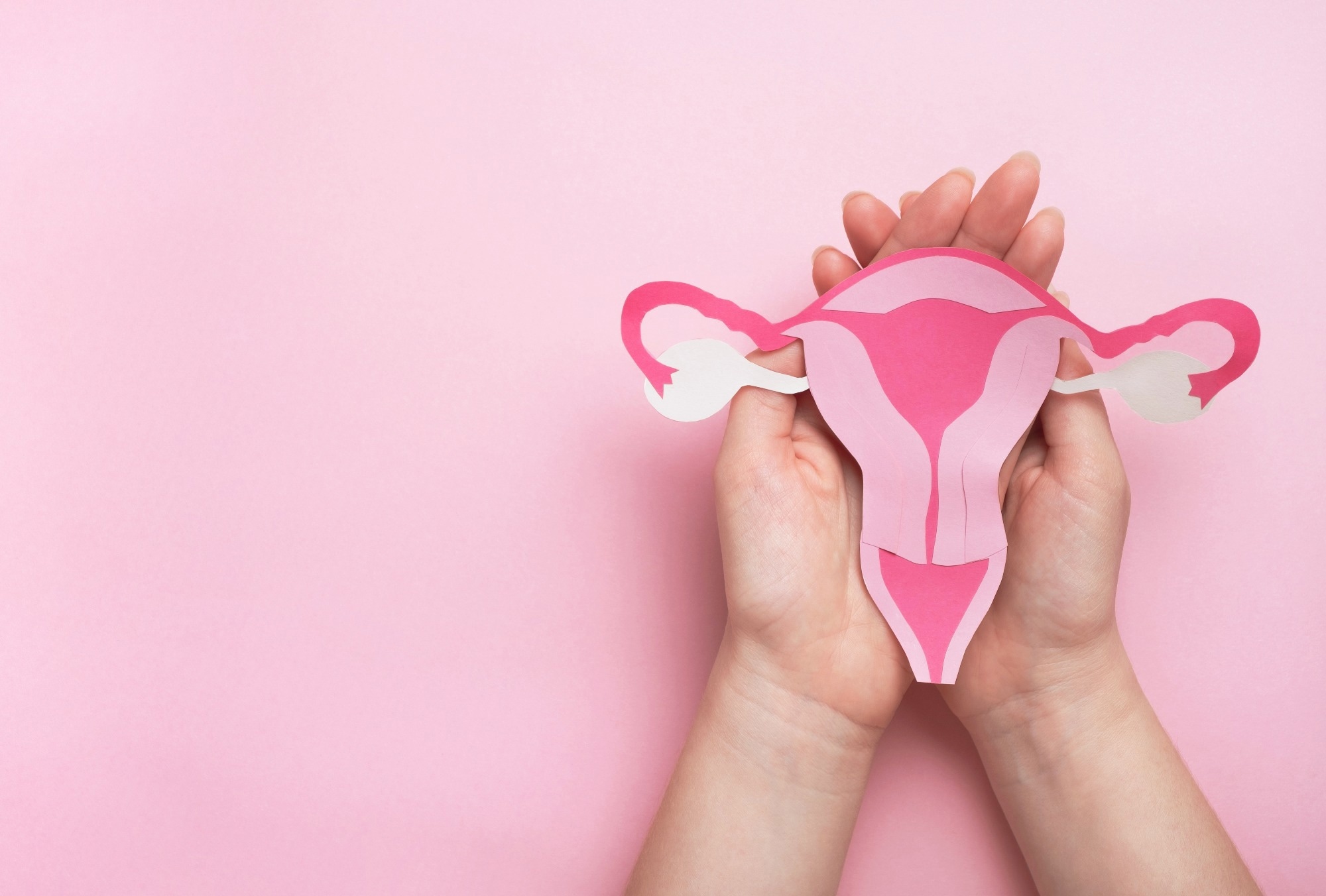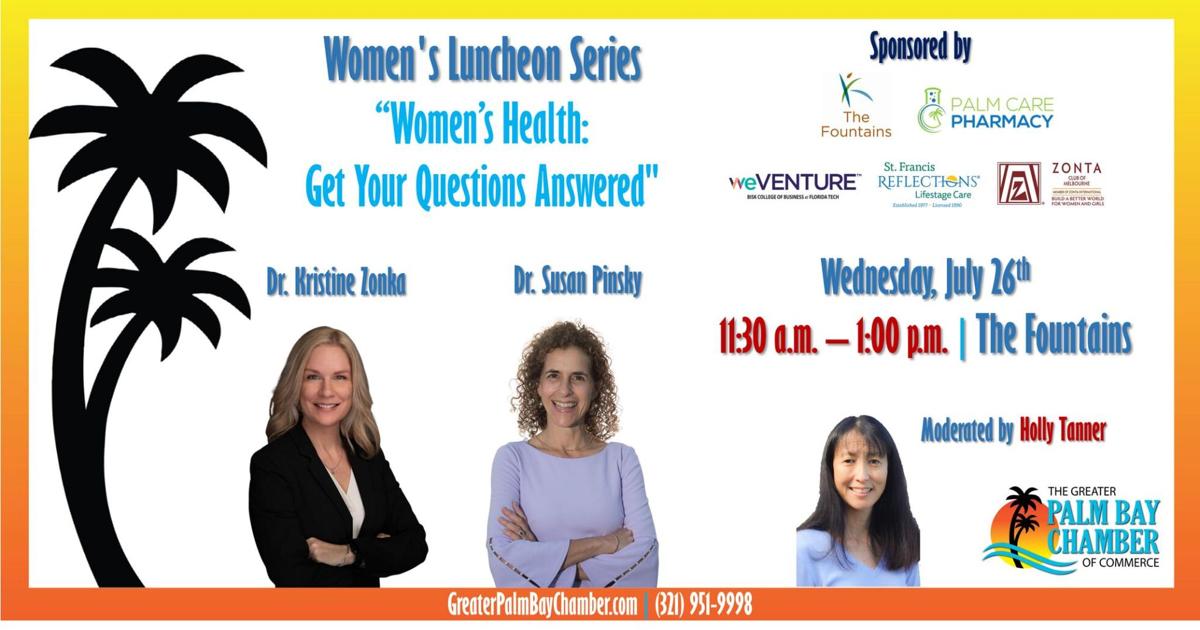Community members recently came together on Zoom and in-person with The Discourse to learn about solutions for women’s and reproductive health in the Cowichan Valley. The event was an intimate gathering at The Old Firehouse Wine & Cocktail Bar and featured North Cowichan Counc. Debra Toporowski, Nanaimo-based poet Brittany Tucker, local midwife and member of the Cowichan Women’s Health Collective Savanna Boyle; long-time lactation consultant, advocate and researcher with the Cowichan Women’s Health Collective Rhoda Taylor; Hiiye’lu Lelum (House of Friendship) Healthiest Babies Possible coordinator Laura Sjolie and Victoria-based abortion provider Dr. Emily Stuart.
Attendees learned about real solutions that are taking place in the Cowichan Valley and on Vancouver Island to learn about and support women’s and reproductive health care. Future solutions and actions were also part of the discussion.
While The Discourse hosted the event, it was part of Cowichan International Women’s Day celebrations, and included programming from a rally that had been planned for early March, but was cancelled. A recording of the event is available on The Discourse’s Facebook page.
Here’s some of what we learned at the event:
Non-judgemental support is important
North Cowichan Counc. Debra Toporowski offered a welcome to everyone in attendance before sharing some of her own reflections about stigma related to abortion and the impacts it can have on people. She read from an article that spoke about how abortion-related stigma can lead to shame, bullying, harassment and physical and mental harms to people who get abortions. The article also noted that this stigma can create a barrier to health-care access for people who need it.
Toporowski said the article reminded her of people who confided in her about their experiences with choices related to pregnancy and abortion. She spoke about a woman who was pregnant and asked for Toporowski’s advice about whether or not to continue the pregnancy. The woman was crying and felt she was too young to have a baby but was also feeling pressure from her family to go through with the pregnancy.
“I just sat with her because this wasn’t my choice, it’s hers,” Toporowski said. “And I think we all have to remember that when someone comes to you, it’s their personal choice and it’s their walk, their life and their journey.”
Toprowski went on to express her gratitude for being in Canada, where people can still access abortion care and make a choice that is right for them. She said being there for someone who is going through this decision by listening and offering a shoulder to cry on is something we can do to help.
“Sometimes people can’t … share their story,” Toprowski said. “People are walking around in our communities having to bottle that up because of fear, because of what we see on the news about abortion or those choices that we make for ourselves. I just think that it’s so old school that a man can come up with this legislation to say what I could do with my body.”
There is a need for a women’s clinic in Cowichan
Savanna Boyle, a local midwife, was brought on by the Cowichan Women’s Health Collective to help bring a women’s clinic to the valley. She said the end goal is to have a local clinic that will serve all women, with a focus on marginalized women and women who have difficulties accessing the care they need.
The first part of this plan is in partnership with Cowichan Women Against Violence Society (CWAV) and involves opening an in-house satellite clinic at the Charlotte’s Place shelter’s new location, which will open in the fall. The shelter will house up to 20 women. Boyle said having a medical room in the shelter would provide them with health care, contraception, reproductive health care, STI testing and potentially forensic testing for sexual assault victims. The clinic would be staffed part-time with a care provider who specializes in working with people who are unhoused and people who use drugs, as well as a counsellor and social worker.
Read also: Against the odds, Cowichan Valley women’s shelter finds a permanent home
“The idea is that it will be for the residents of Charlotte’s Place and for their community,” Boyle said. “It’s not for everyone, but for women that are precariously housed and/or potentially using substances.”
Boyle said the Cowichan Women’s Health Collective is working with CWAV to secure funding for this project. But that’s not the only goal. The big-picture dream is to establish a women’s clinic in the Cowichan Valley that can serve all women, as well as satellite clinics like the one that would be at Charlotte’s Place.
“Don’t just put the Band-Aid on the sore spot that is present right now, actually look to the future and make decisions,” Boyle said. “Our population is growing and the need is growing so we need to think about the here and now and to what’s coming.”
We’re learning about period poverty in the region
Rhoda Taylor has also been working with the Cowichan Women’s Health Collective on a short-term research project that examines the impact of period poverty and the experiences of people who menstruate in the community.
Period poverty refers to the financial burden that people who menstruate face when seeking menstrual products. It also includes a lack of access to menstrual products that fit a person’s body and ethics; are of good quality, affordable and sustainable and are in the quantity that is needed. Taylor said it is “an inequality that people who menstruate face.”
Part of Taylor’s research involves a community survey that people who menstruate can take to share their own experiences. The results of the survey will be used to inform future policies and Taylor said the hope is that a future policy intervention is made that “may make a significant difference in people’s lives.”
Respondents have an option to provide feedback by submitting photographs that tell the story of their experiences, as a way to make the survey more accessible. The photos will be featured in an art exhibit in the fall.
Taylor gave the example of one woman who is perimenopausal with heavy bleeding as well as two teenage daughters who have periods. The costs for menstrual products in her home are significant, Taylor said. The woman suggested taking a photo of her cupboard that is filled with period products of different types and sizes.
Someone else suggested taking a photo of an empty plate, because they had to make a choice between affording food or period products, Taylor said.
“I’m hoping that the images actually capture the experience in such a way that a report that’s just writing does not,” Taylor said. “The right picture can actually change people’s lives.”
New housing supports Cowichan Valley women during and after pregnancy
Laura Sjolie, coordinator of the Healthiest Babies Possible program at Hiiye’lu Lelum (House of Friendship) spoke about how the program has supported women who are pregnant and new mothers. She also spoke about Lelum ‘u tu S’tsa’-elh teyt-en (House of the Honourable Mothers), which she helped launch in 2021.
The Healthiest Babies Possible program has been in the Cowichan Valley for almost 40 years, Sjolie said, and offers programming for women who are pregnant and up to six months after they’ve given birth. It serves around 115 clients per year, who are Indigenous and non-Indigenous, through one-on-one and group sessions.
Follow-up programming for mothers with children up to the age of five is also available at the House of Friendship to support child development, Sjolie said.
Programming can look like help with accessing health care appointments, food support, abortion support and more — but also includes fun activities like swimming, hikes, hunting and visits to the pumpkin patch. That part is important “because a lot of life isn’t fun,” she said.
“Everything is focused on building relationships, and that takes a lot of time,” Sjolie said.
The House of Honourable Mothers is a big project, Sjolie said. The house itself supports up to six pregnant women or moms and their babies — specifically moms who are at risk of having their child go into alternative care (foster care or with family who cannot also take the mother).
Women at the house receive wraparound support and programming such as counselling, health care and cultural programming.
“It is a nurturing, comforting place,” Sjolie said. “The peer support that develops among the moms, that is pretty neat to watch.”
“We’re just filling a very small gap,” Sjolie said. More support is needed, including housing for the women to transition into, and supportive housing for additional family arrangements, including women with older children and women who are raising kids with a partner.
There are still barriers to abortion care in Canada
Dr. Emily Stuart began her talk by affirming that people of all genders and religions get abortions and that it is a safe and moral choice that people can make. She noted that it is a common and safe procedure that is 10-to-20-times safer than continuing pregnancy with respect to uterus health, fertility, bleeding risk, etc.
There are no laws about abortion in Canada, Stuart said, because it is treated as any other medical procedure, with regulations and practices determined by experts in the field. Medical abortion, which involves taking prescription medicine, can be offered up to week 10 of a pregnancy (calculated from the first day of the last menstrual period). Surgical abortion is the only option for pregnancies that are further along.
Stuart explained some reasons why people have abortions, such as not wanting to be pregnant, having a miscarriage (for which the treatment is abortion), non-viable pregnancies that can be life threatening, experiencing domestic violence or choosing to not have any more children.
“Whatever the reason people choose, abortion is common and valid,” Stuart said.
But there are still barriers to abortion care in Canada.
While multiple sites are available on Vancouver Island to access medical and surgical abortions, Stuart said they are mostly located in larger centres like Victoria and Nanaimo. This means people who live more rurally may have trouble accessing abortions.
Other barriers include:
- A lack of doctors who are trained to provide abortion. Stuart said it is difficult to access this training for medical school students, and that nurse practitioners and midwives cannot provide surgical abortion.
- Pregnant people might be fooled into visiting crisis pregnancy centres. Stuart said these centres sometimes actively try to persuade people from choosing abortion through counselling that is not provided by trained counsellors. These centres are typically faith-based but may hide that, Stuart said. These centres are often the first to pop up on a Google search and outnumber abortion care providers in Canada.
- There are sometimes issues with pharmacies stocking medication abortion, as they can choose what they stock or sell, Stuart said.
Stuart also noted that there are several Conservative Party of Canada members of parliament – about 70 per cent of them – who are anti-choice and continue to bring up anti-choice legislation.
So what can be done? Stuart said anyone can be pro-choice in whatever field they’re in. She suggested writing to provincial MLAs about abortion access and advocating for access to sex education as well as abortion training in medical schools. She noted that in B.C., contraceptives are now free and covered by PharmaCare. She said learning about crisis pregnancy centres and battling misinformation online can be helpful as well. Stuart also encouraged voting for pro-choice politicians.







